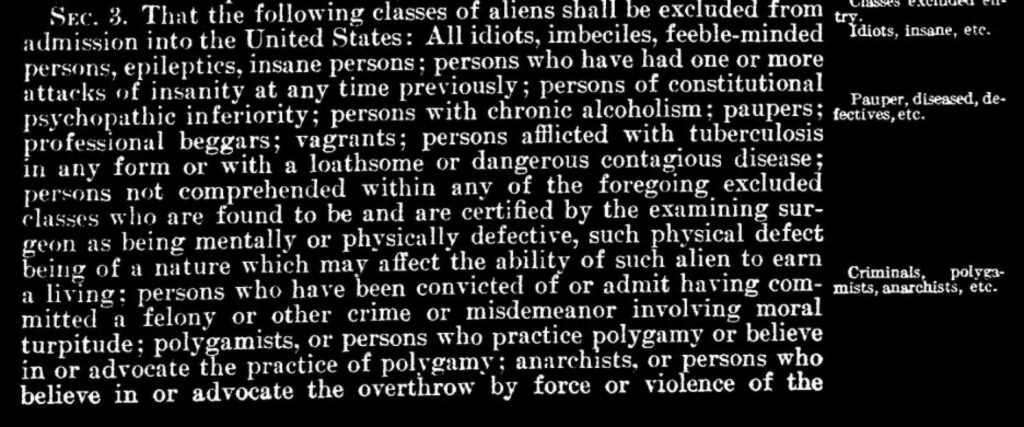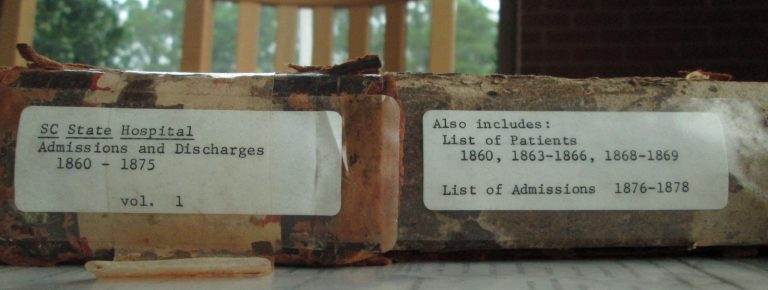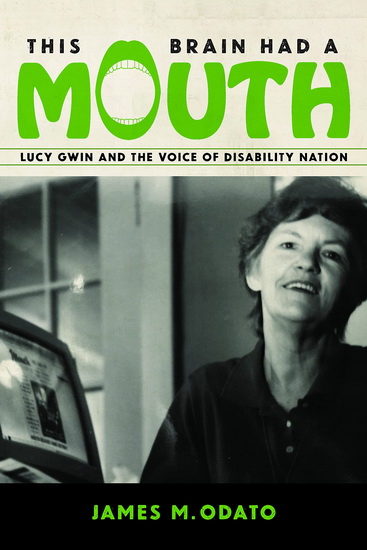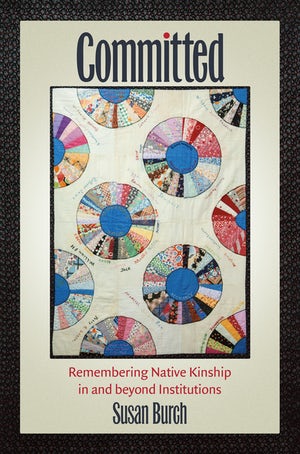Hannah Zaves-Greene discusses her work on Jews and the “public charge provision” in US immigration history.

Download mp3 file here.
Download pdf transcript here.
About Our Guest
Hannah Zaves-Greene received her PhD in American Jewish history from New York University’s Department of Hebrew and Judaic Studies, where she focused on the intersection of immigration, gender and women’s history, legal and political history, and disability studies. Her dissertation, Able to Be American: American Jews and the Public Charge Provision in United States Immigration Policy, 1891-1934, explores how American Jews responded to discrimination against immigrants on the basis of health, disability, and gender, in federal law and its enforcement. She has taught multiple courses at Cooper Union and the New School for Social Research, presented her research at national and international conferences, and delivered guest lectures for both academic and activist groups. Currently, she is a visiting professor at Sarah Lawrence College. Her public history writing appears online at the Jewniverse, the Activist History Review, and the Jewish Women’s Archive, and her academic work has been published in American Jewish History and AJS Perspectives. Additionally, she has forthcoming work in the Journal of Transnational American Studies and in an edited volume on Jewish and Irish migration with NYU Press.



